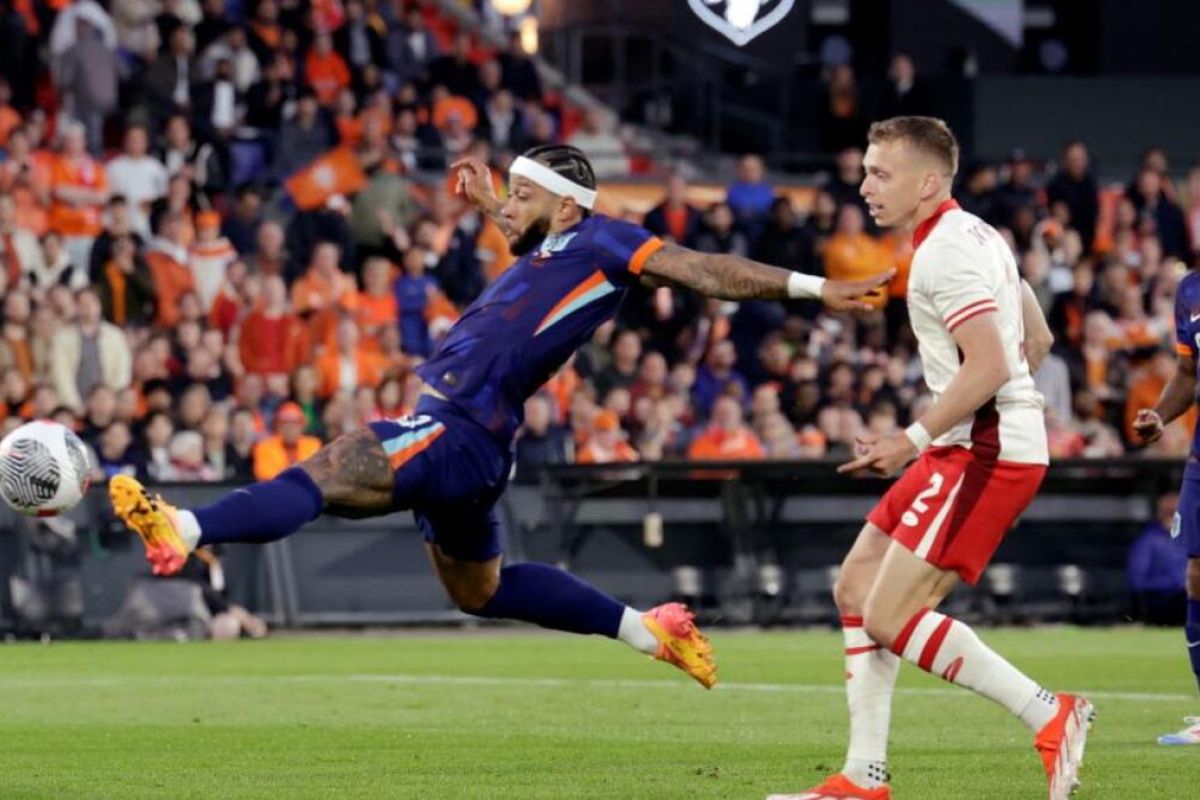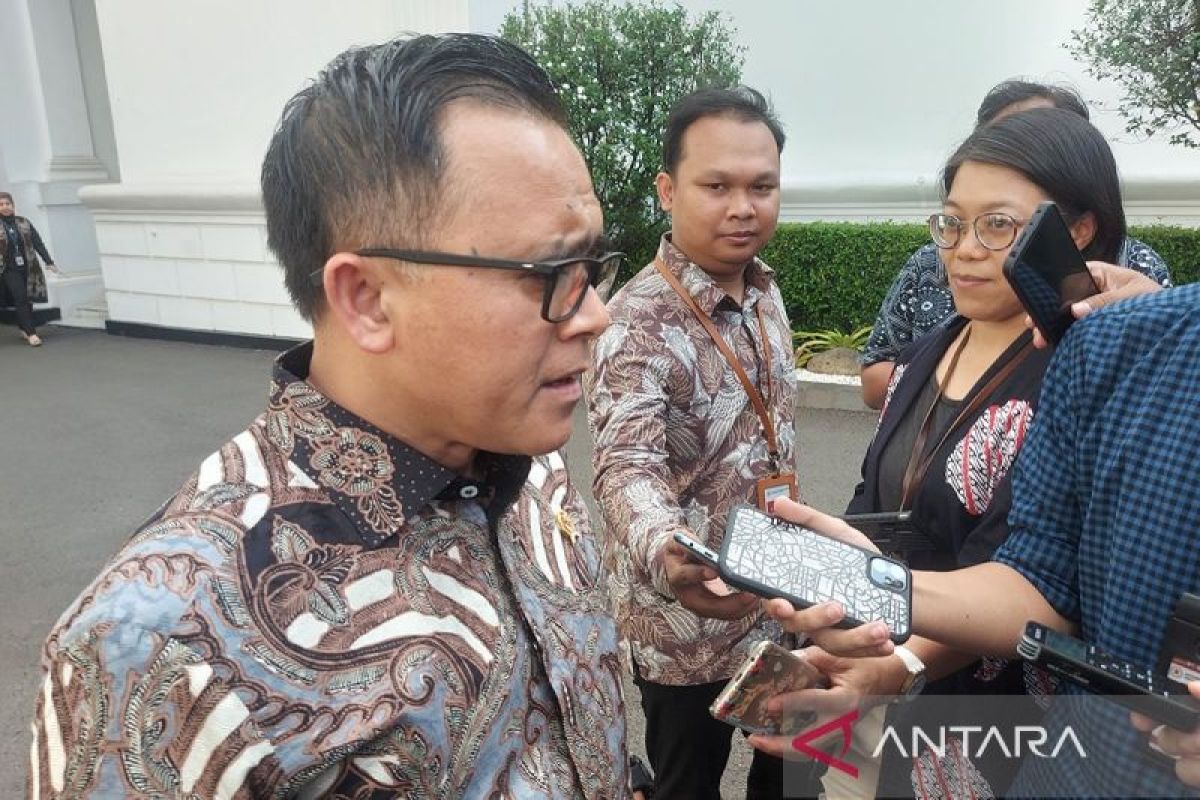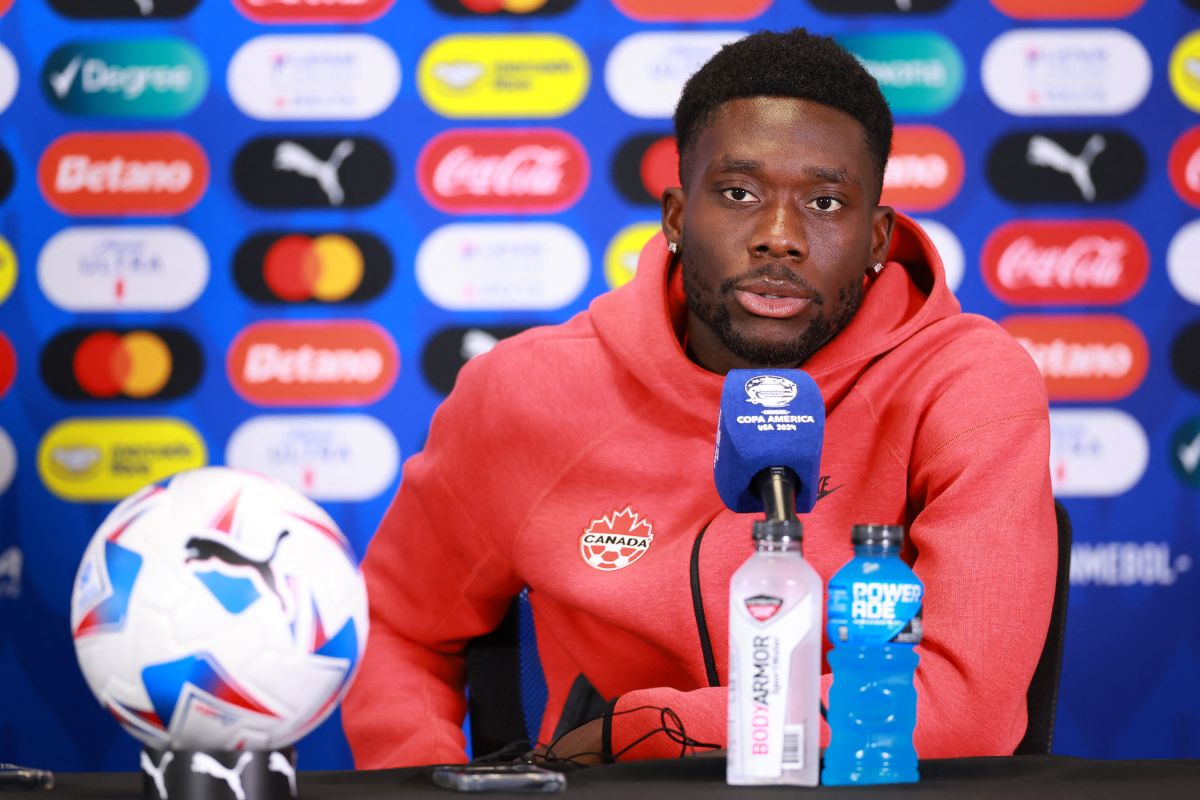By: Komariah, S.Ag. Professor of Islamic Religious Education (PAI) at SMKN 1 Kelapa
“O Indonesian woman, for you this book, for you I stir my pen, sometimes in the light of a candle, until the depths of the night; wake up, get up, fight according to the instructions I give you.
QUOTATION The above was written by the first President of Indonesia in his book titled Sarinah: The Obligations of Women in the Struggle of the Republic of Indonesia. This extract implies that since the period before the independence of Indonesia, women have played an important role in the social, cultural and political movements to obtain the independence of Indonesia. Indonesian women at that time were obliged to grow up, educate the next generation, respect themselves, build character, know the national identity and love the Indonesian homeland.
However, the phenomenon that occurs in the world of education is not entirely true as cited by Soekarno. Women are still considered less qualified entities in the management of education in Indonesia. It is proven in the historical records of our beloved country that there has never been a single woman who has served as Minister of Education. Women doubt their ability to improve the quality of education in Indonesia. Is it correct?
Gender inequality is still a complex issue this year, even though we are already approaching the era of Society 5.0. One of the reasons for this is gender stereotypes. The stereotyping and attribution of male and female identities also extends to the expertise aspect of teachers in secondary vocational schools. Some subjects tend to have a masculine image to some people, so they are considered more appropriate to be taught by a male teacher.
An example of a case of identification of a sports teacher whose information was obtained from the dialogue that the author had with male teachers around the place where the author dedicated himself as an educator. A teacher at a school in Kelapa district sees himself as better placed to teach sports. A sports teacher in the perception of teachers in the area expresses masculinity.
Thus, the positioning of experts in the field of sport tends to be attached to a male teacher.
Second, labeling that even touches on the types of tasks and areas of expertise of teachers in the world of education is undeniable and still happens a lot. We often read and hear of cases of segregation of duties in teaching certain types of subjects or to be in charge of certain activities in schools for gender reasons.
On the other hand, in terms of quantity, it is women who are the winners of the Global Teacher Prize. The Global Teacher Prize is an event that was first held in 2015 to appreciate the best teachers around the world and has a prize pool of US$1 million (approximately Rs 15 billion). In its first year of implementation, the Global Teacher Prize was awarded to Nancie Atwell, a teacher from rural Maine, USA. The second time the Global Teacher Prize has been held, the winner is awarded to Hanan Al Hroub, a teacher from Bethlehem, Palestine.
Additionally, the 2017 Global Teacher Prize was won by Maggie MacDonnell, a teacher from Salluit, Quebec, Canada. The 2018 Global Teacher Prize has been awarded to Andria Zafirakou, a teacher from Brent, London, England. In 2019, the Global Teacher Prize was won by Peter Tabichi, a male teacher serving in the Secondary Education Unit, Keriko Middle School in Pwani Village, Nakuru, Kenya, Africa. In 2020, the winner of the Global Teacher Prize is Ranjitsinh Disale, a teacher from Zilla Parishad Elementary School, Paritewadi, Solapur, Maharashtra, India and the seventh Global Teacher Prize, 2021, was awarded to Keishia Thorpe, an all-girls secondary school . teacher in Maryland, United States of America.
In the 7th crowning of Global Teacher Prize winners, only 2 times were won by male teachers and the rest were won by female teachers. Of course, this fact proves that the competence of female teachers is comparable to that of males. Moreover, in the era of intelligence 4.0 which began in 2011, women are increasingly showing the existence of their intelligence by participating in all areas that are generally still “controlled” by men.

“Typical zombieaholic. General twitter fanatic. Food fanatic. Gamer. Unapologetic analyst.”







